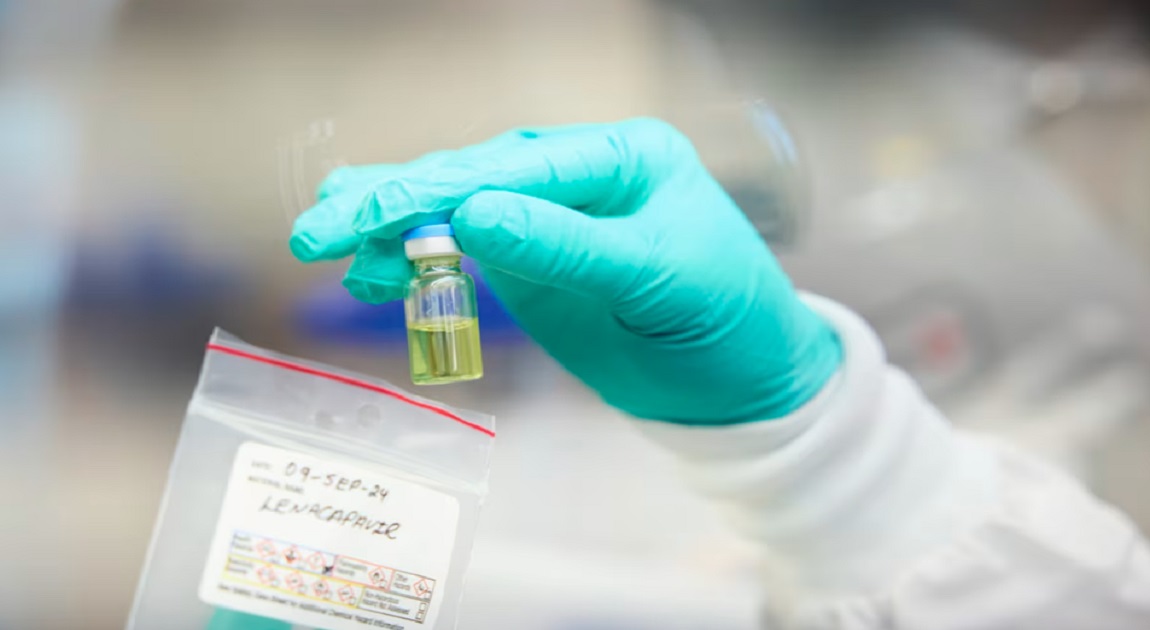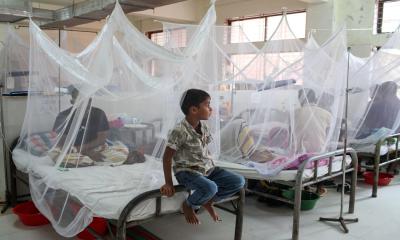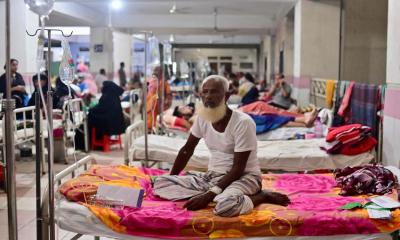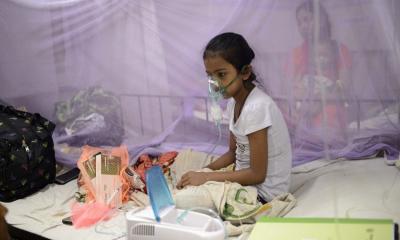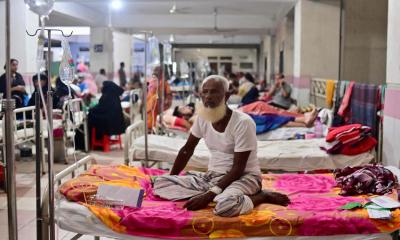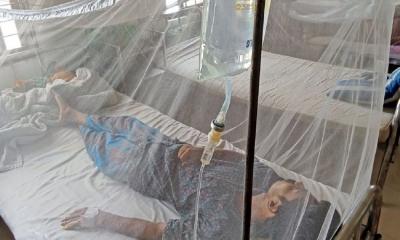The US Food and Drug Administration (FDA) has approved a new HIV prevention drug that requires only two injections per year.
Gilead Sciences announced Wednesday that its injectable medication, lenacapavir, has been approved under the brand name Yeztugo for use as pre-exposure prophylaxis (PrEP).
Lenacapavir becomes the first and only twice-yearly injectable option for HIV prevention, offering a more discreet and convenient alternative to current PrEP methods, which typically involve daily pills like Truvada or bi-monthly shots such as Apretude.
In clinical trials, the drug demonstrated exceptional efficacy—reducing HIV infection risk by up to 96% in men (PURPOSE 2 trial) and showing 100% efficacy in women (PURPOSE 1 trial).
“This is a milestone moment in HIV prevention,” said Dr. Carlos del Rio of Emory University, noting that less frequent dosing could significantly improve adherence and reduce stigma, particularly among high-risk groups.
Gilead`s senior vice president Dr. Jared Baeten emphasized that the drug acts by stopping the virus from taking hold in the body when exposure occurs.
HIV, a virus that attacks the immune system and can lead to AIDS if untreated, continues to impact over 1.2 million people in the US While infection rates have declined, many still lack access to or awareness of existing prevention tools.
Trial participant Ian Haddock, who previously used daily PrEP pills, praised the new injection for its convenience.
"You set it and forget it," he said, describing it as a private and empowering alternative. Haddock experienced no major side effects beyond minor injection site irritation and intends to continue using the drug.
Despite being available for over a decade, PrEP uptake remains limited due to stigma and misinformation. Experts hope the approval of Yeztugo will broaden awareness and access to HIV prevention, especially among communities disproportionately affected.
The drug was well-tolerated in trials, with mild injection-site reactions being the most common side effect. It was also deemed safe during pregnancy in some trial participants. Lenacapavir is expected to expand options for those seeking a long-acting, low-maintenance method to protect against HIV.


